Below is a transcript of this video.
My name's Jody Chatfield, I'm a Wurundjeri woman from Dubbo, New South Wales. We're known as the Three Rivers people and Dubbo is Red Earth in our language.
Country is very important, it's part of my identity. It's my connection, it's my home.
Particularly with the pandemic I struggled around not being able to travel home - I was talking to one of the Elders in the community recently, and one of the stories I told them was that I had the opportunity to travel home for my nan's 90th for about four days between lockdowns. But I've been struggling because I haven't had that opportunity to be back on Country, and just felt like I've really missed something. I've felt like I wasn't complete - I've felt like I've had a calling to go home.
When I go home, there's connection for me, in particular my grandmother, my family, and that Country's what keeps us all coming back. We all moved away, especially growing up in a regional town, you move away for opportunities.
There's just something - I feel complete, I feel whole, I feel me when I'm actually back on Country. As I drive over the border I just feel a whole heap of calmness.
Being back home on Country my 10 year old Abbey Rose always talks about [it] because we've got no family down here. When we go home, she says to me 'oh mum, I've got so many cousins'. It's just being with family and feeling that love, feeling that connection, doing activities together, having all that support.
I think when you talk about Heal Country, you need to heal our people first. When I think about healing Country, I think about healing our system.
Truth-telling, hearing our stories, hearing our experiences and validating those, because I think if you heal our people you'll heal our Country because of the connection we have with Country.
For non-Aboriginal people to embrace Aboriginal culture, I think it's about experience, I think you need to immerse yourself in that. You need to be talking to our mob, to traditional owners, seeking out local areas and get to know what's actually taking place there and having that experience.
We recently had a work trip to Watha wurrung Country and did a lot of activities down there, cultural activities, which for a lot of the young ones was the first time they had actually experienced that connection - it was around building their identity as well.
I think it's really important to get out there, experience it and talk to traditional owners and learn about things that have happened, not reading through books, but actually experiencing it. I think that's what non-Aboriginal people need to do - I think you get to hear things when you're growing up in school, but that's not the truth. Experiencing it, being on Country and feeling it - that's when you learn the truth.


